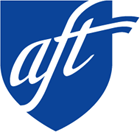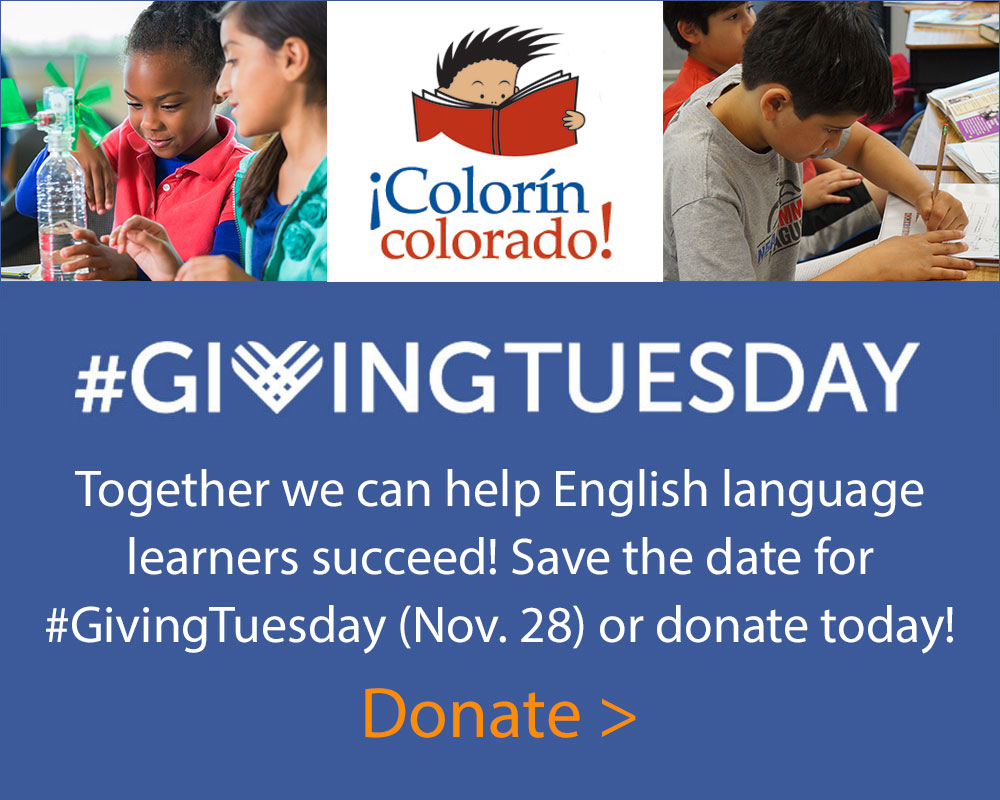What are the primary questions and concerns your immigrant families currently have?
Immigrant parents whose children are born here are concerned that their children are provided ESL services just because they speak another language. They are also concerned about how long it is taking some students to exit ESL services. Concerns parents have had recently include fear and anxiety about deportations and travel ban.
How are those concerns impacting the families’ relationship with the school and students’ experiences?
Many students have shared their fear of family separation due to fear of deportations with their school staff. Families are afraid to participate in most engagement meetings.
What kinds of information do you think students and parents need most right now?
The most pressing need is for how parents can prepare their students in case the parents are removed while students are at school. Also information on ESL programing and what are the rights of parents in making the choice to enroll their child in ESL services.
What are some particular concerns of Muslim families in your district?
Muslim communities have been particularly concerned about the travel ban and fear about not being able to get back into the country if they travel abroad. There were also concerns about civil liberties in terms of being profiled at the airports and whether the government has the rights to search their mobile phones when entering the country.
Can you provide some examples of steps that have been taken to address those concerns?
Our superintendent has hosted listening session with Immigrant communities and brought in the Immigrant Law Center of Minnesota, Council on American Islamic Relations (CAIR-MN) and other civil rights agencies to answer legal questions for families. We have also provided a website with resources for parents, and specific information about district data privacy policies, etc. at: http://multilingual.mpls.k12.mn.us/resources_for_immigrants
What are some of the strengths of your families upon which they are drawing right now?
Families are drawing on strong community support.
What are some examples you’ve seen of how teachers or schools are supporting families in the current climate?
Teachers have been very vocal in advocating for families and calling for schools to be supportive and provide resources and reassurances to concerned families. Some schools have held their own events for families.
How can schools maintain a relationship based on trust with families currently?
It is important for schools to be very clear and open with families about how information that they provide to schools is stored and protected. Families are particularly concerned about providing information such as home address, immigration history, and forms such as the Free/Reduced Lunch application that ask for a Social Security Number. It can alleviate concerns if schools explain exactly how this information is used and protected.
What advice do you have for educators and administrators during this new school year?
We would advise school staff to educate themselves about concerns that families of English Learners in their community are facing, and to be aware of and sensitive to those concerns without making any assumptions about a family’s specific situation.
Can you speak to the importance of building community partnerships?
Building community partnerships and relationships is critical for English learners. It is these partnerships that provide support and assurances during trying times.
How can schools start building those partnerships if they don’t currently participate in any?
Schools could start by looking up the chamber of commerce, non-profit organizations, and faith directories to identify agencies/entities within their zones and invite to their schools and build relationships with leaders. Some organizations are willing to set up space in schools and help with supports on daily basis.
Can you share any examples or lessons learned from your experience?
In the past we have collaborated with the National Immigrant Law Center (NILC) to host deferred action training for families on completing applications for Deferred Action for Childhood Arrivals (DACA) and obtained pro-bono work to help our students obtain DACA. Since that collaboration, we have relied on this organization to assist with issues relating to deportations and the travel ban recently.








Add new comment